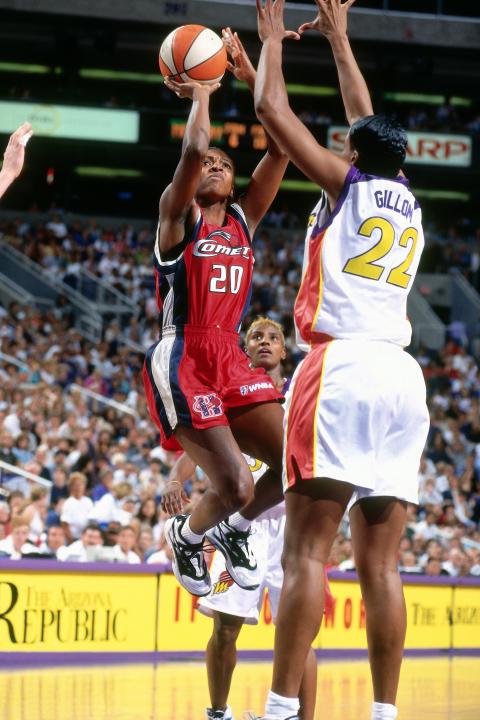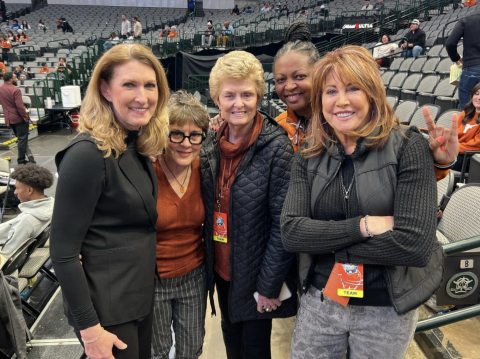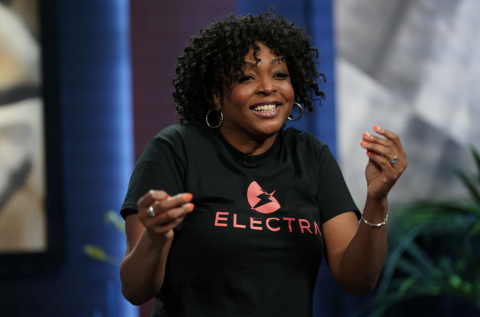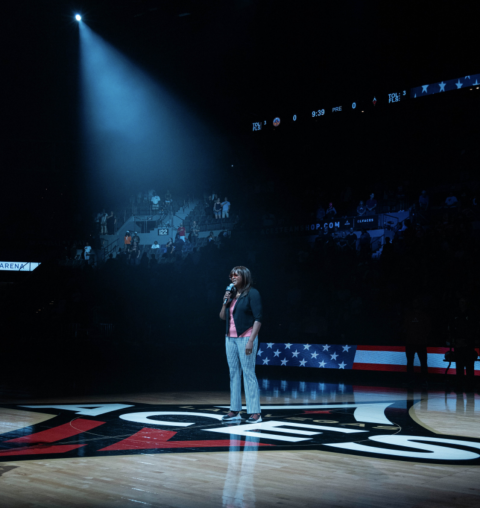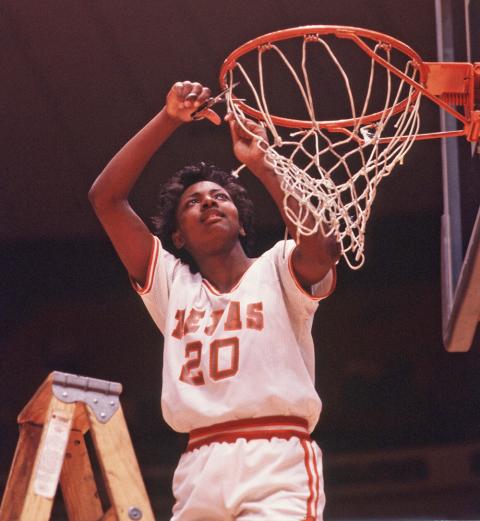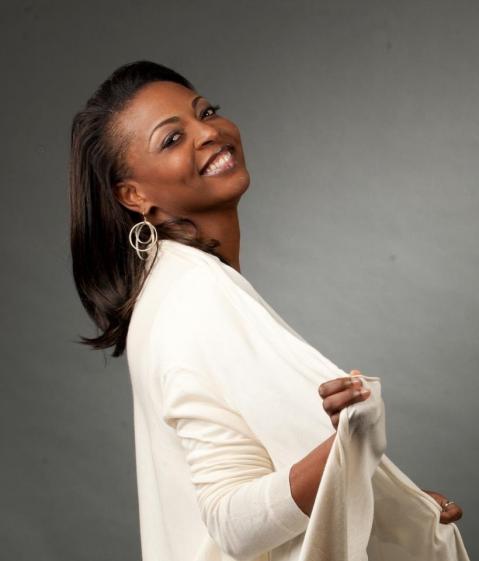
Fran Harris played overseas and in the WNBA for two seasons. For years, she’s called games on TV, most recently on ION Television. She worked as a life coach and was a finalist for Good Morning America’s “Advice Guru.” (If you have a co-worker with bad table manners, she said, politely point out the distracting behavior in a private moment. Some people aren’t aware.) She’s the creator of a sports drink company, Electra Beverages, which she presented on Shark Tank. (Yup, she took Barbara’s deal.) She hosted a series on HGTV, Home Rules. She’s written books and, with a master’s degree in journalism, would write a less clunky intro.
Now, she’s leading a group to bring a WNBA franchise to Austin, where she starred for the University of Texas. That’s where she led an undefeated team to the NCAA championship in 1986. At the university, let’s see, she has served as a professor of—
That’s enough. You get the idea. Fran Harris is an accomplished star.
An athlete’s success, both long-term and short-term, is based on the idea of constant adaptation. The only difference is Harris had to do that early.


